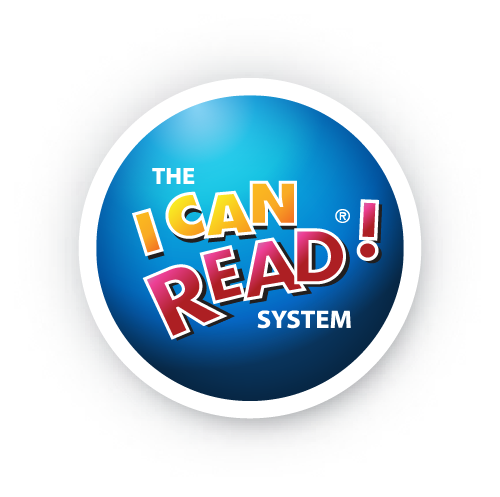Every year, approximately 15,000 Year 6 students across the state of New South Wales seek selective school placement by participating in the Selective High Schools Test to win one of the 3,600 places offered for first-year entry into selective high schools.
Competition is fierce and it’s important to note the importance of literacy and its influence on the overall academic assessment test.
The process and marking criteria
First, let’s look at the test components and how it is marked.
The Selective High School Placement Test changed in 2021, with the new test giving greater emphasis to thinking skills, mathematical reasoning, reading and writing, and has adjusted and balanced the weighting given to the mathematics, reading and thinking skills test components.
Thinking Skills (previously General Ability), which now has 40 questions in 40 minutes. Mathematical Reasoning Skills, with 35 questions in 40 minutes. Reading, with 30 questions in 40 minutes, and Writing, which has increased to 30 minutes in time, as well as a different style in the stimulus.
The process also includes ‘wild-score’ processing which identifies students who, based on their school performance, may have done much worse than expected in the test. Where such students have been identified the moderating process takes this into account and adjusts scores accordingly. This ensures that students will not be disadvantaged by other students who attend the same school and may have done much worse than expected because of serious illness, misadventure or other cause.
In general, entry into a government selective school is determined by a profile score, which is derived by combining the students’ school marks in English and mathematics with their test results in the placement text.
The new test format is marked differently to previous years, and is now scored out of 100 (previously scored out of 200). Raw tests scores are then scaled to reduce the variability in test question difficulty. This scaled score is added to the moderated school assessment score to determine the final placement score. Scaling is a state-wide undertaking, with each scaled test component adjusted so they are weighted equally.
The weighted scaled test scores for each component are as follows:
Reading – 25
Mathematical Reasoning – 25
Thinking Skills – 35
Writing – 15
And the moderated school assessment score is 20.
The Selection process
The placement score will vary from year to year depending on the number of students applying, versus the number of places available.
Selection committees, consisting a minimum of two people – typically the principle as well as a parent or community representative, will review the list of applications in order of profile scores.
They will also consider requests for special consideration, the potential impact of disabilities, ethnic backgrounds, and students whose English education is less than 48 months.
Additionally, they may consider other relevant evidence of academic merit, for example, from overseas or interstate.
Once placements have been offered, the committee will then create a reserve list, based on reserve numbers offered in the previous year.
Reading is the key
Clearly there is a strong emphasis on the combination of reading and writing, but the importance of literacy goes far beyond those two immediate subjects.
When students struggle with reading comprehension, they often find themselves struggling in other areas of their education, and without the essential foundation of literacy skills, can find it difficult to excel in school into their later studies.
This may cause students to struggle with the understand instructions in a variety of different subjects, including maths and thinking skills. However sharp a student’s thinking skills may be, the inability to fully understand some of the questions will inevitably affect their results and inhibit them reaching their full potential.
Literacy affects our daily lives; the way we think, the way we communicate, how we fit into society. Early literacy acquisition is much more than an educational priority – it’s an investment in your child’s future that will position them for success.
I Can Read can help. Our unique, proprietary reading system delivers a fail-safe programme to bring your child’s reading skills up to par, as well as a number of writing programmes to ensure your child is able to comprehensively express themselves in writing. Contact us to explore which of our programmes best provides what your child will need to succeed in his or her application.
A great starting point is to book a free diagnostic assessment at one of our centres, where your child can be benchmarked against expectations for their stage of education.
If you feel your child has the potential to win a selective school placement, it pays to start their literacy acquisition and development early to give them the edge they need.
